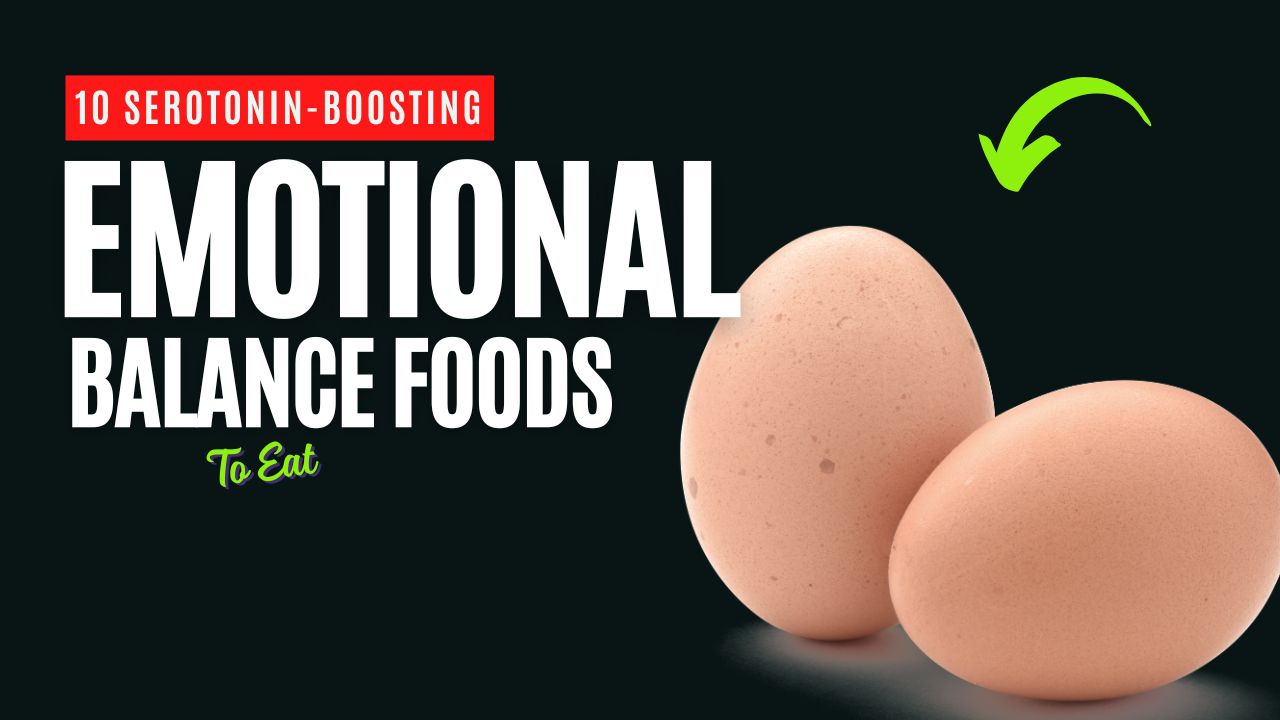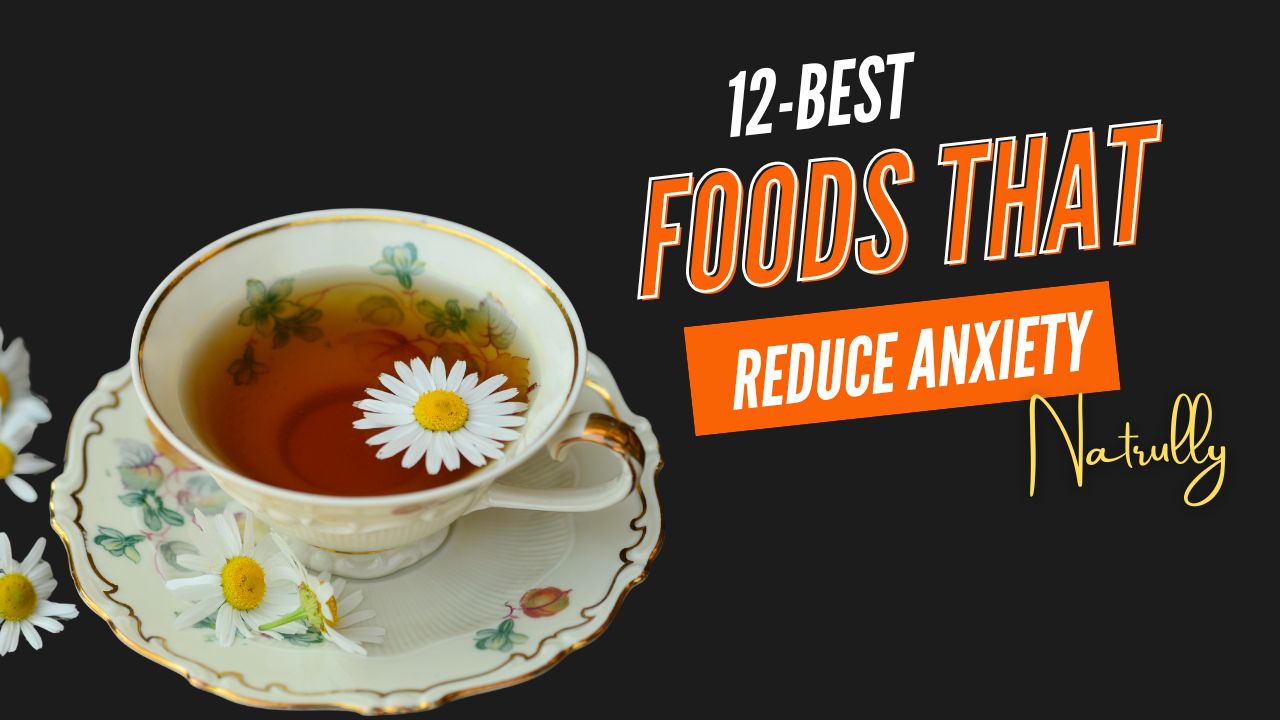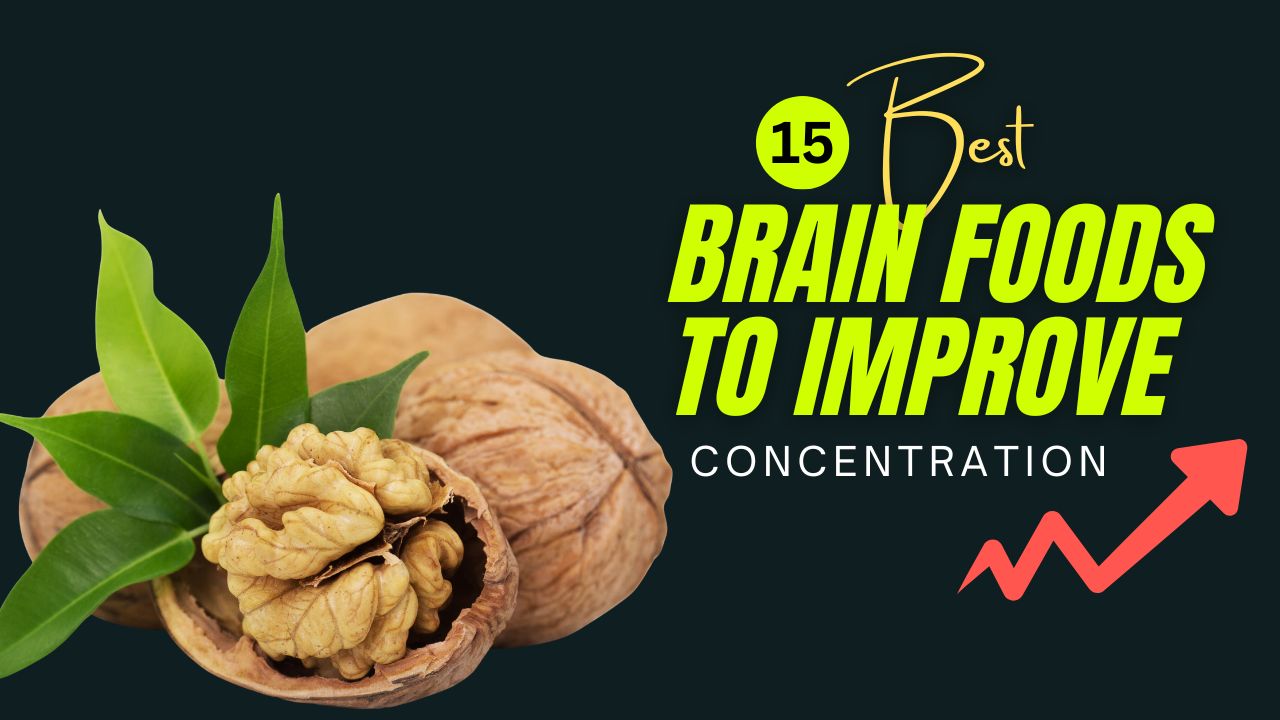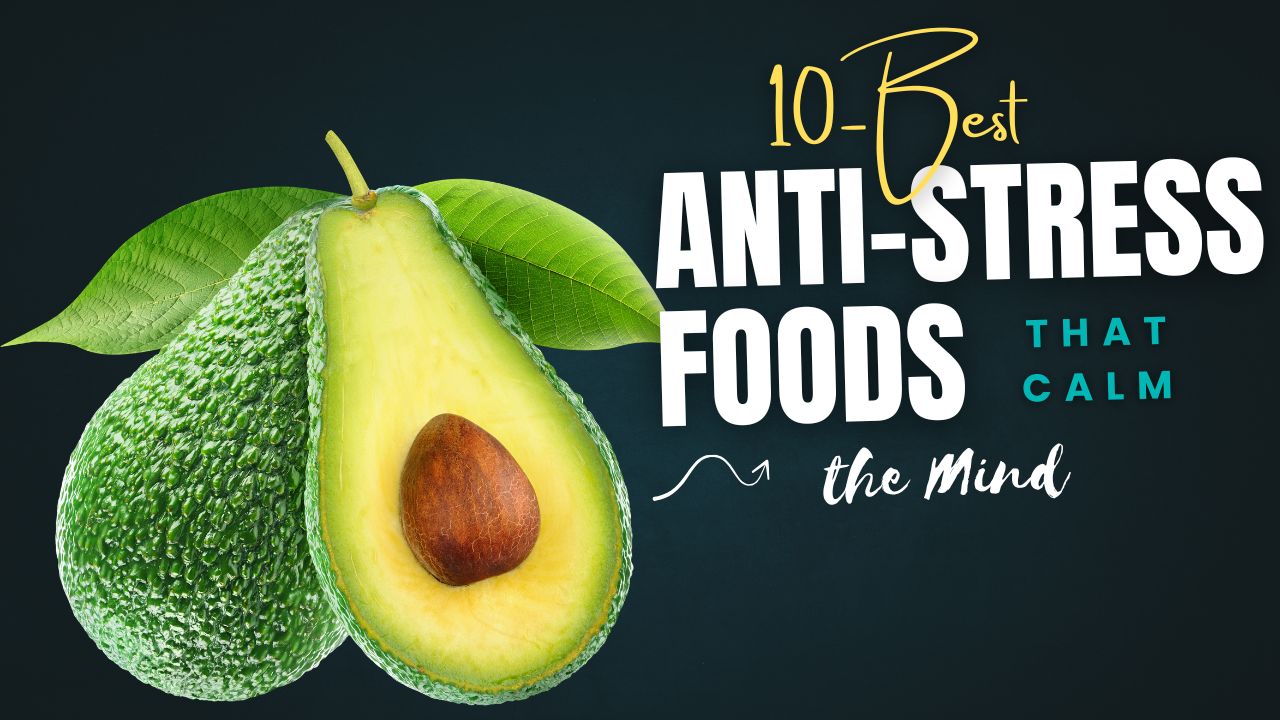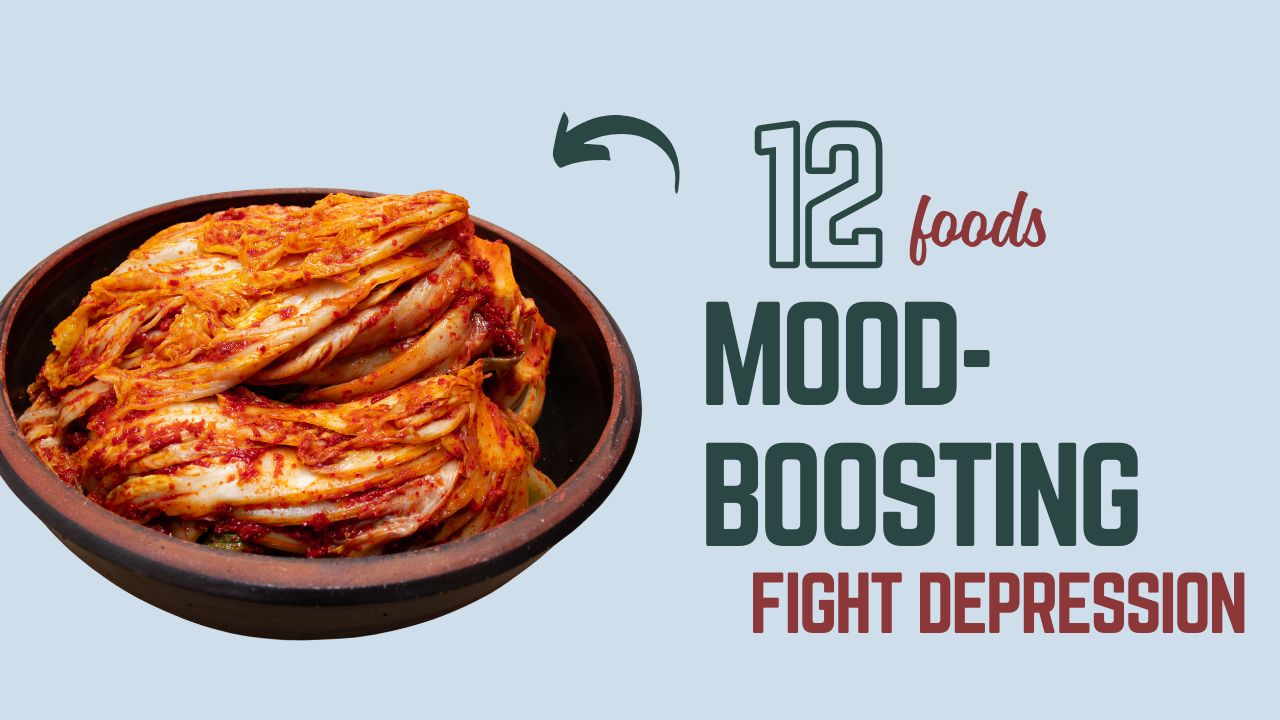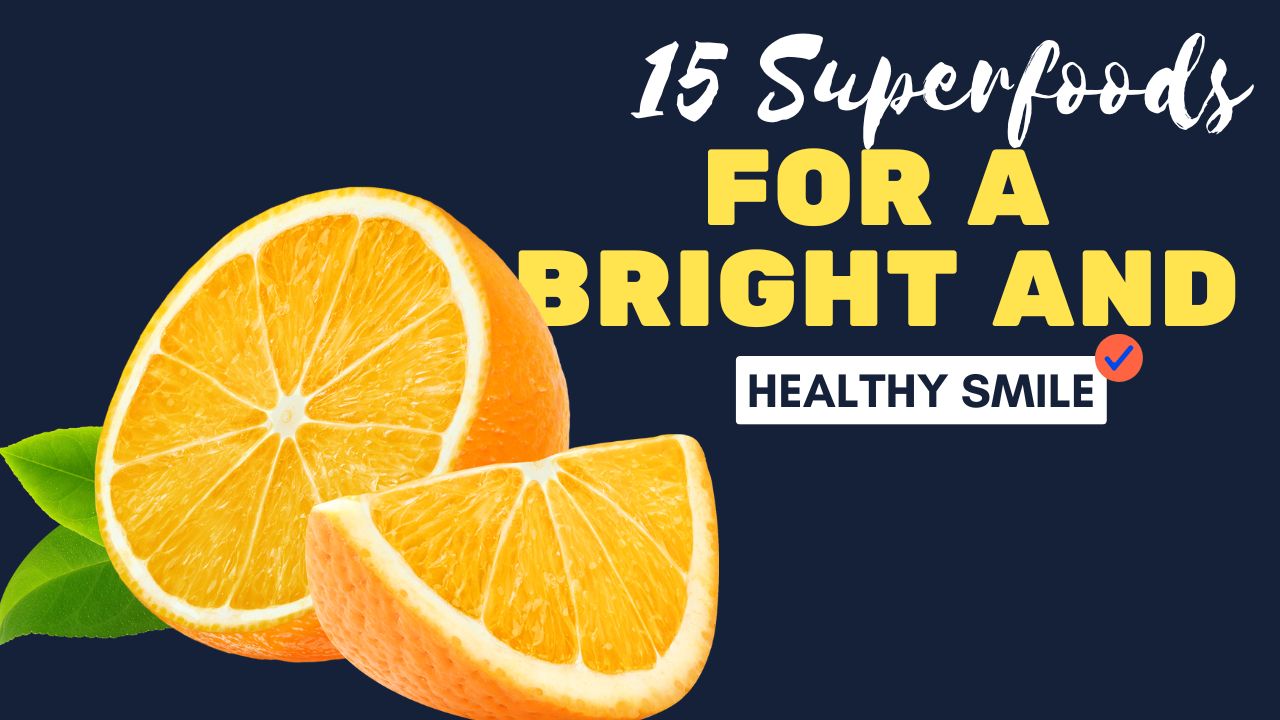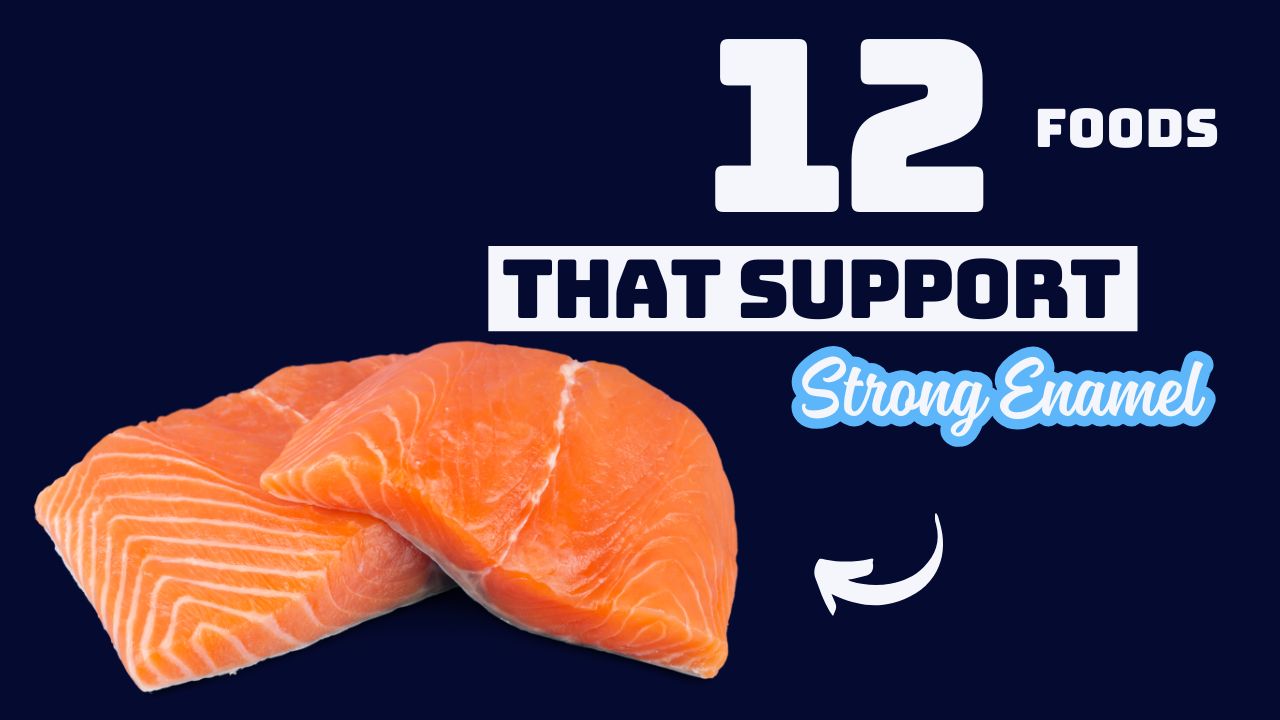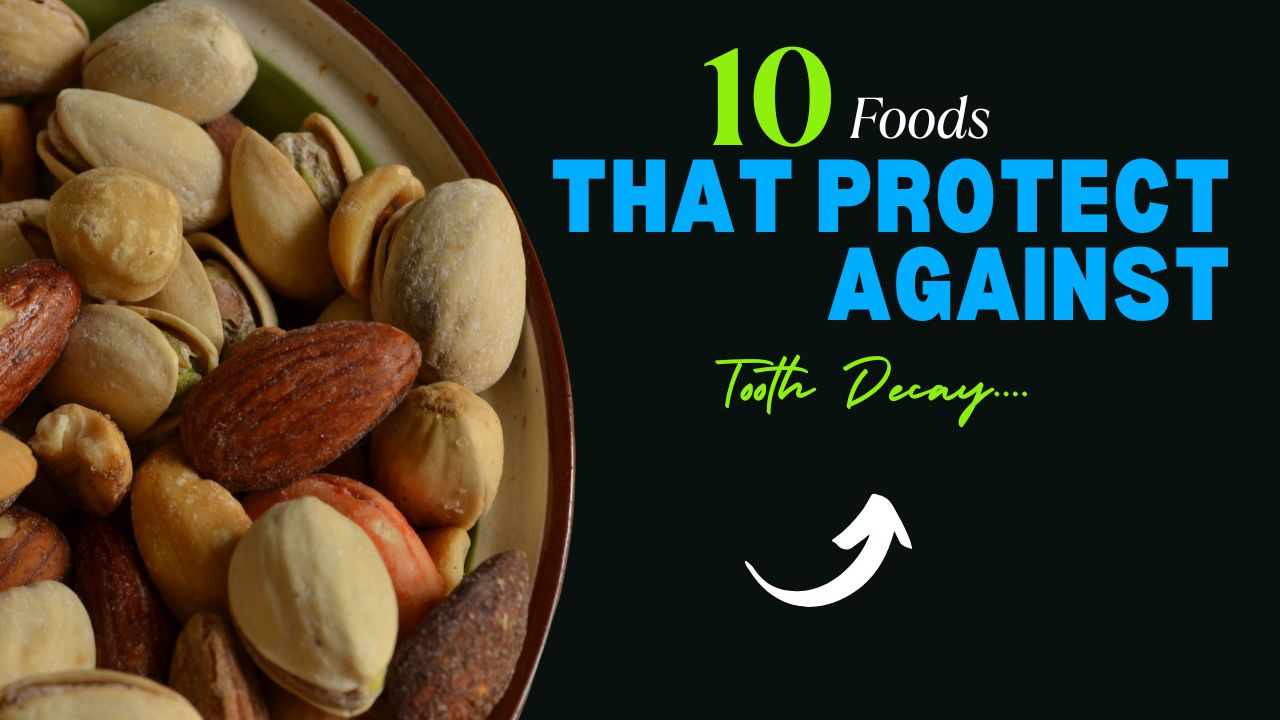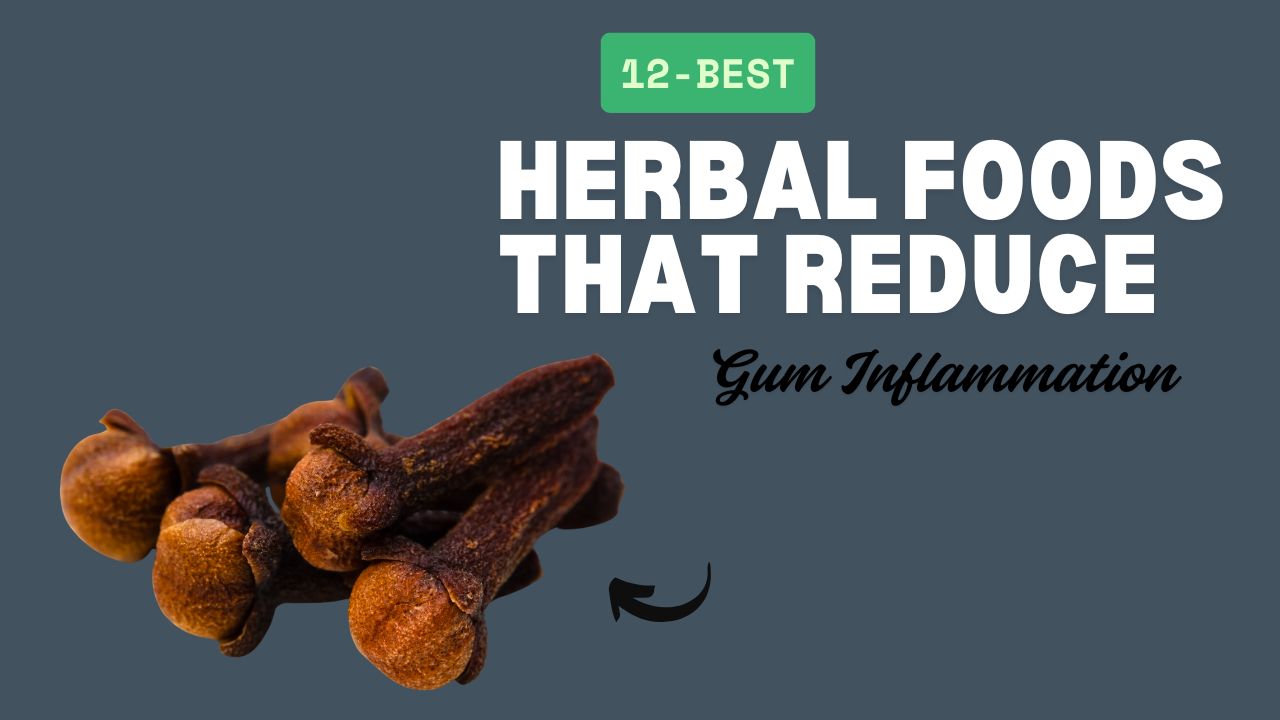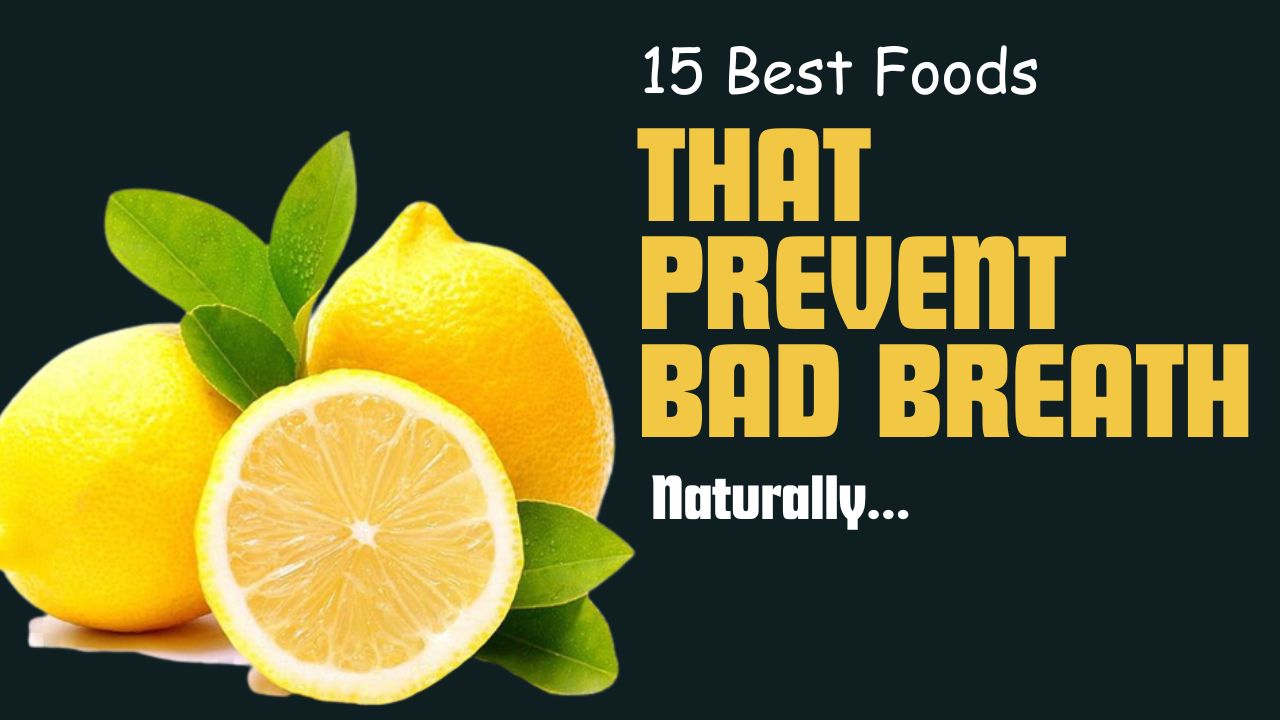Did you know that tooth decay is one of the most common health problems in the world—yet it’s almost entirely preventable?
Many people believe brushing and flossing are enough to protect their teeth. While oral hygiene is essential, what you eat plays just as important a role in keeping your smile strong and cavity-free.
Here’s the surprising truth: not all foods damage your teeth. In fact, some foods act like natural defenders, strengthening enamel, neutralizing acids, and even fighting off harmful bacteria.
If you’ve ever wondered how to protect your teeth without always reaching for a dental product, the answer might already be in your kitchen.
In this post, we’ll uncover 10 powerful foods that naturally protect against tooth decay, explain how to add them to your diet, and highlight who should eat (or avoid) them. We’ll also share buying tips, storage ideas, and potential side effects to keep in mind.
Let’s explore how delicious choices can lead to a healthier, brighter smile.
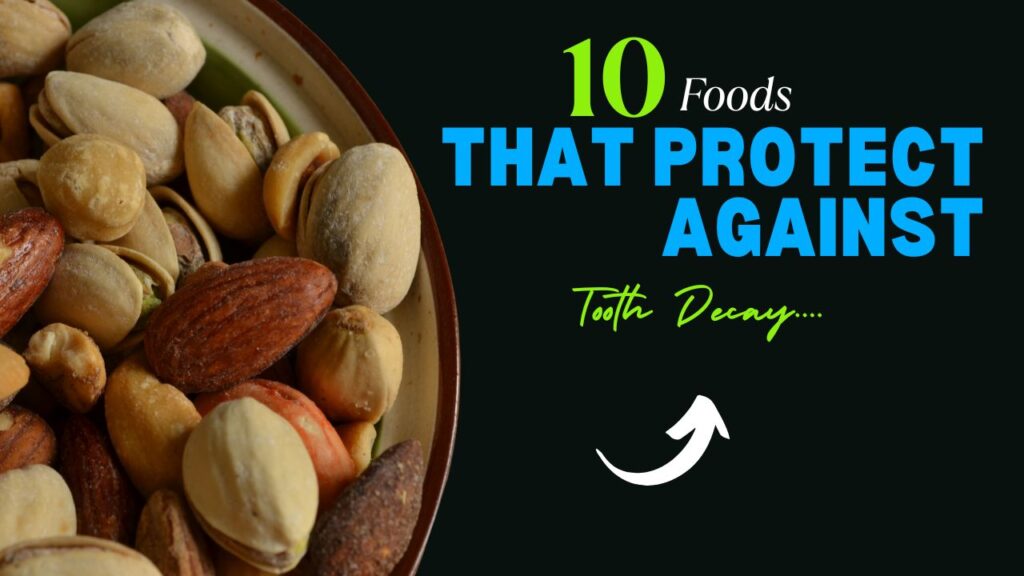
Table of Contents
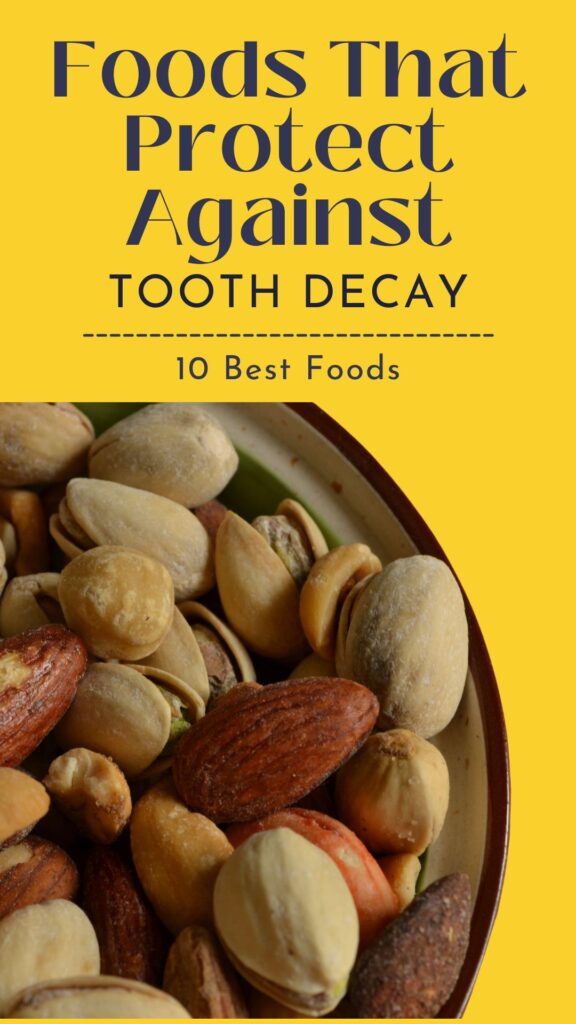
10 Best Foods That Help Prevent Tooth Decay
1. Cheese
Cheese isn’t just tasty—it’s one of the best defenders against cavities. It raises the pH level in your mouth, which lowers the risk of tooth decay. It’s also rich in calcium and casein, both of which help strengthen tooth enamel.
Best Ways to Eat or Use It
- Add small cubes to salads.
- Snack on a slice after meals (helps neutralize acids).
- Melt into omelets or whole-grain sandwiches.
Who Should Eat / Avoid
- Good for: kids, teens, and adults who need stronger teeth.
- Avoid if: lactose intolerant or allergic to dairy.
Storage & Buying Tips
- Buy firm cheeses like cheddar, Swiss, or Gouda for maximum benefits.
- Store in airtight wrapping to prevent dryness.
Do’s & Don’ts
✅ Do: Eat a small piece after sugary meals.
❌ Don’t: Rely on processed cheese slices (they have additives).
Possible Side Effects
- Overconsumption may lead to high calorie and fat intake.
2. Apples
Ever heard the saying, “An apple a day keeps the doctor away”? It may also keep the dentist away. Apples stimulate saliva production, which washes away food particles and bacteria. Their fibrous texture gently scrubs teeth, acting like a natural toothbrush.
Best Ways to Eat or Use It
- Eat raw, sliced, or in salads.
- Pair with nut butter for a balanced snack.
Who Should Eat / Avoid
- Good for: students, office workers, and anyone prone to snacking.
- Avoid if: you have sensitive teeth (acids may cause discomfort).
Storage & Buying Tips
- Choose firm, shiny apples with no bruises.
- Store in the fridge to keep crisp.
Do’s & Don’ts
✅ Do: Rinse mouth with water after eating (to wash away fruit acids).
❌ Don’t: Sip apple juice frequently—it contains concentrated sugars.
Possible Side Effects
- Excess apple consumption can erode enamel due to natural acids.
3. Carrots
Carrots are crunchy, packed with vitamin A, and excellent for saliva stimulation. They also strengthen gums, which is just as important as protecting enamel.
Best Ways to Eat or Use It
- Eat raw baby carrots as snacks.
- Shred into salads.
- Add to soups and stews.
Who Should Eat / Avoid
- Good for: children and those trying to cut down on unhealthy snacks.
- Avoid if: you have digestive issues with raw veggies.
Storage & Buying Tips
- Pick firm, bright orange carrots.
- Store in the fridge in perforated bags for freshness.
Do’s & Don’ts
✅ Do: Eat raw for maximum crunch and cleaning action.
❌ Don’t: Overcook, as nutrients diminish.
Possible Side Effects
- Eating too many may cause slight skin yellowing (harmless).
4. Yogurt
Rich in probiotics, calcium, and protein, yogurt helps strengthen enamel while promoting good bacteria in your mouth that fight decay-causing germs.
Best Ways to Eat or Use It
- Mix with fruits and nuts.
- Add to smoothies.
- Use as a base for dips.
Who Should Eat / Avoid
- Good for: people wanting digestive and dental health together.
- Avoid if: lactose intolerant or allergic to dairy.
Storage & Buying Tips
- Always choose plain, unsweetened yogurt.
- Store in the coldest section of the fridge.
Do’s & Don’ts
✅ Do: Go for probiotic-rich options.
❌ Don’t: Buy sugary flavored yogurts—they harm teeth.
Possible Side Effects
- Some may experience bloating or lactose-related issues.
5. Leafy Greens
Spinach, kale, and lettuce are rich in calcium, folic acid, and essential minerals that strengthen tooth enamel and promote gum health.
Best Ways to Eat or Use It
- Add to smoothies.
- Toss into salads.
- Use as wraps instead of bread.
Who Should Eat / Avoid
- Good for: pregnant women (folate support), and those lacking calcium.
- Avoid if: on blood-thinning medication (consult doctor).
Storage & Buying Tips
- Choose crisp, dark green leaves.
- Store wrapped in a damp paper towel inside a bag.
Do’s & Don’ts
✅ Do: Wash thoroughly before use.
❌ Don’t: Leave wet leaves in the fridge—they spoil faster.
Possible Side Effects
- Overeating raw spinach may affect calcium absorption (oxalates).
6. Green Tea
A surprising cavity fighter, green tea contains antioxidants called catechins that kill harmful oral bacteria. It also reduces inflammation in gums.
Best Ways to Eat or Use It
- Brew and drink unsweetened.
- Use as a mouth rinse for freshness.
Who Should Eat / Avoid
- Good for: adults wanting antioxidant and dental benefits.
- Avoid if: sensitive to caffeine.
Storage & Buying Tips
- Buy loose-leaf or high-quality tea bags.
- Store away from moisture and light.
Do’s & Don’ts
✅ Do: Drink plain without sugar.
❌ Don’t: Add sweeteners—they cancel the benefits.
Possible Side Effects
- Excessive intake can stain teeth slightly.
7. Nuts
Almonds, walnuts, and cashews are nutrient-dense, high in calcium, and stimulate saliva production, which protects teeth from decay.
Best Ways to Eat or Use It
- Snack raw or roasted (unsalted).
- Add to trail mixes or salads.
Who Should Eat / Avoid
- Good for: vegans, children, and adults needing protein.
- Avoid if: nut allergies.
Storage & Buying Tips
- Store in airtight jars away from sunlight.
- Buy fresh, not rancid-smelling nuts.
Do’s & Don’ts
✅ Do: Eat in moderation for dental benefits.
❌ Don’t: Overconsume salted or sugar-coated nuts.
Possible Side Effects
- May cause weight gain if eaten in excess.
8. Cranberries
Cranberries contain compounds that prevent bacteria from sticking to teeth, reducing the risk of plaque formation.
Best Ways to Eat or Use It
- Fresh cranberries in salads.
- Unsweetened cranberry juice.
- Dried cranberries (choose no-added-sugar).
Who Should Eat / Avoid
- Good for: people prone to gum infections.
- Avoid if: sensitive to acidity or on certain medications.
Storage & Buying Tips
- Store fresh cranberries in the fridge.
- Freeze for long-term use.
Do’s & Don’ts
✅ Do: Choose unsweetened options.
❌ Don’t: Rely on sugar-laden cranberry juices.
Possible Side Effects
- May cause stomach upset if consumed in large amounts.
9. Water
Simple but powerful—water washes away food particles, dilutes acids, and helps maintain saliva flow. Fluoridated water especially strengthens enamel.
Best Ways to Eat or Use It
- Drink plain throughout the day.
- Rinse after meals and snacks.
Who Should Eat / Avoid
- Good for: absolutely everyone.
- Avoid if: no restrictions apply.
Storage & Buying Tips
- Use clean, filtered sources.
- Store in BPA-free bottles if carrying.
Do’s & Don’ts
✅ Do: Sip frequently throughout the day.
❌ Don’t: Replace with sugary sodas or juices.
Possible Side Effects
- None, unless excessive intake (rare condition: water intoxication).
10. Strawberries
Surprisingly, strawberries contain malic acid, which naturally whitens teeth, along with vitamin C that supports gum health.
Best Ways to Eat or Use It
- Eat fresh, sliced into yogurt or oatmeal.
- Blend into smoothies.
Who Should Eat / Avoid
- Good for: those looking for a natural teeth-brightening option.
- Avoid if: allergic to berries.
Storage & Buying Tips
- Choose bright red, firm strawberries.
- Store in the fridge and wash just before eating.
Do’s & Don’ts
✅ Do: Enjoy in moderation.
❌ Don’t: Add sugar or syrup.
Possible Side Effects
- Acidic content may weaken enamel if overconsumed.
Conclusion
Tooth decay doesn’t happen overnight—it’s the result of daily habits, both good and bad. While brushing and flossing remain vital, the foods you eat can serve as your first line of defense.
From calcium-packed cheese to antioxidant-rich green tea, nature has given us delicious ways to protect our smiles.
Adding just a few of these tooth-friendly foods into your daily diet can reduce cavity risk, strengthen enamel, and keep your gums healthy.
So next time you plan your meals, think about your teeth, too. Which of these foods will you try first? Share your favorite recipe or snack idea in the comments below!
Frequently Asked Questions (FAQs)
What foods naturally protect teeth from cavities?
Foods like cheese, yogurt, leafy greens, apples, carrots, nuts, cranberries, strawberries, and drinking plenty of water can help protect against tooth decay by strengthening enamel and washing away harmful bacteria.
Is cheese good for preventing tooth decay?
Yes, cheese helps raise the pH in your mouth, reducing acidity and lowering the risk of cavities. It also provides calcium and casein that strengthen tooth enamel.
Do apples really clean your teeth?
Apples don’t replace brushing, but their fibrous texture helps scrub teeth surfaces, while their natural sugars stimulate saliva production, which cleanses the mouth.
How does green tea protect against tooth decay?
Green tea contains antioxidants called catechins that fight harmful oral bacteria, reduce inflammation in gums, and help prevent plaque buildup.
Can strawberries whiten teeth naturally?
Yes, strawberries contain malic acid, which can naturally brighten teeth. However, overconsumption may damage enamel, so they should be eaten in moderation.
Are cranberries good for dental health?
Cranberries have compounds that prevent bacteria from sticking to teeth, reducing plaque and lowering the risk of gum disease and tooth decay.
Is water really the best drink for dental health?
Yes, plain water helps wash away food particles, dilute acids, and maintain saliva flow. Fluoridated water also strengthens enamel and prevents cavities.
Can diet alone prevent cavities?
Diet plays a huge role, but it works best alongside brushing, flossing, and regular dental check-ups. Combining good oral hygiene with tooth-friendly foods provides the strongest protection.
How often should I eat these cavity-fighting foods?
Incorporating them daily—whether as snacks, drinks, or meal add-ons—can provide consistent protection and improve your overall dental health.
